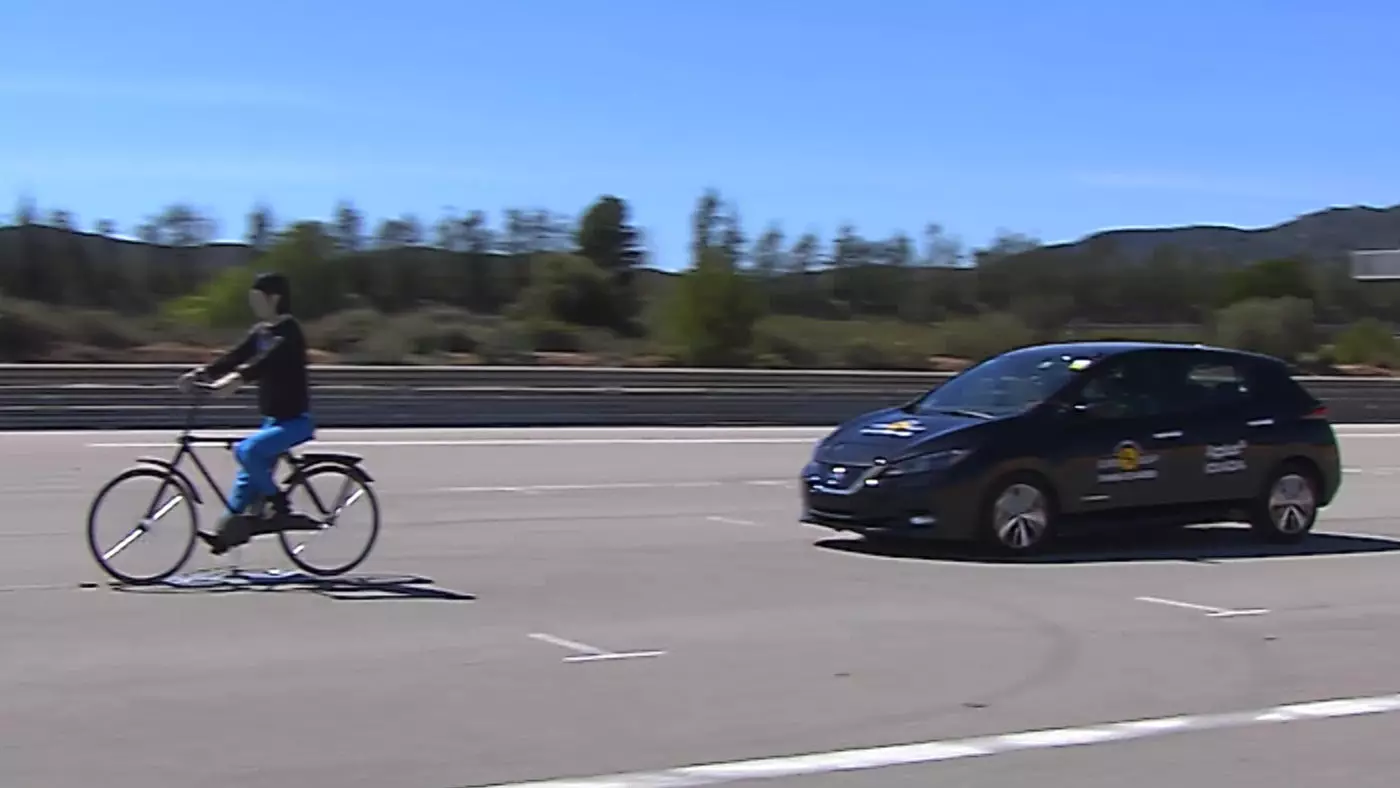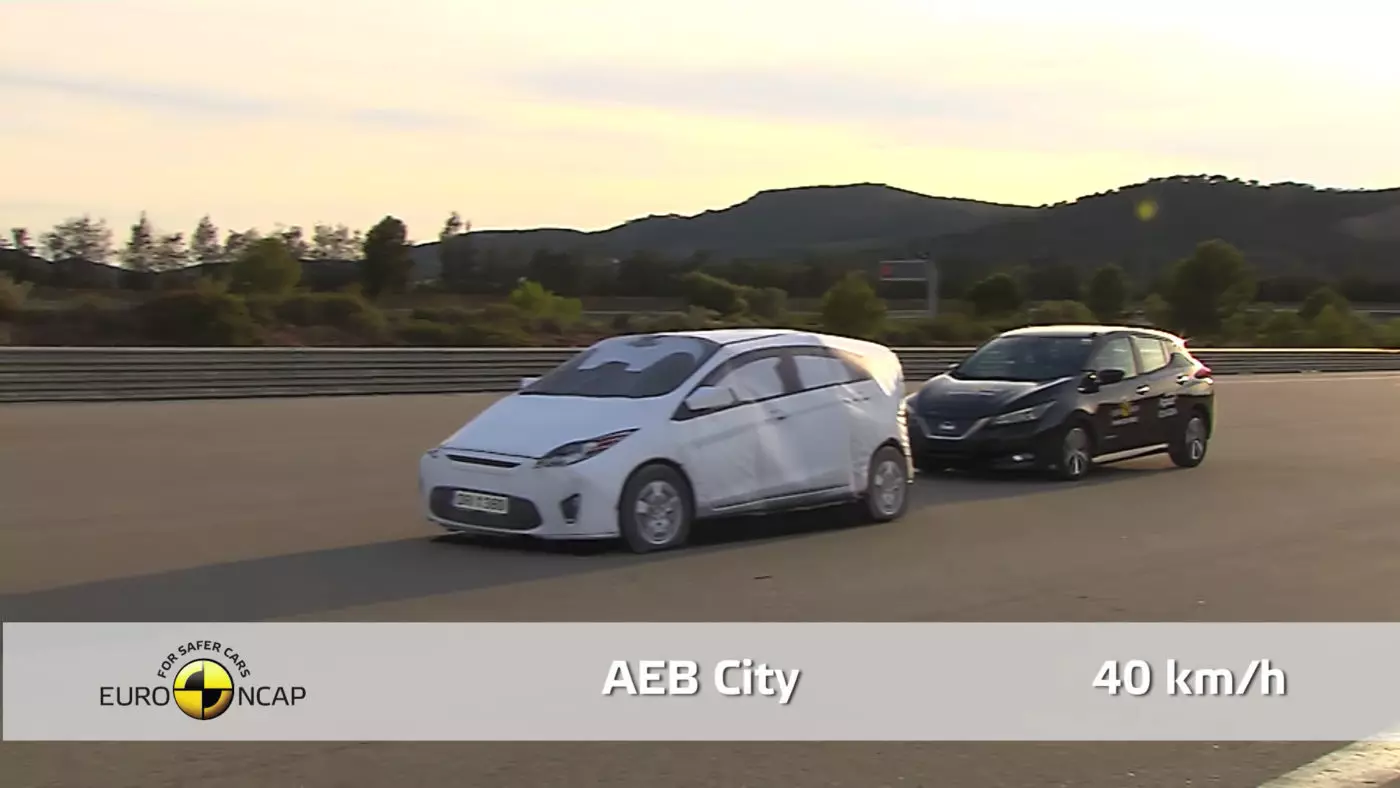The first generation of Nissan Leaf it had already distinguished itself at Euro NCAP after its introduction in 2011, as the first 100% electric car to achieve the desired five stars. The second generation, introduced last year, is now repeating the feat, despite the increased requirements in tests for 2018.
The Nissan Leaf is thus the first vehicle to be tested in accordance with the new Euro NCAP protocols, which started to contemplate more scenarios of possible collisions, between cars, pedestrians and now, for the first time, cyclists, which have increased in number in recent years in major European cities.
Focus on active safety
The new tests highlight the effectiveness of autonomous braking systems , forcing more sophisticated detection systems. Sensors have to have a wider range of action to detect cyclists earlier — they move faster than pedestrians — and algorithms have to be more complex to avoid false detections.

Robbert Verweij, Euro NCAP board member and senior policy adviser to the Dutch Ministry of TransportIt was the impulse to save cyclists that inspired the Dutch government to fund a project that led to the development of a protocol to detect cyclists. We are honored that Euro NCAP has decided to add this protocol to their assessment system.
Other new additions for 2018 include the detection of pedestrians at night or in poor light conditions to ensure the system works in any scenario.
New tests were also introduced to verify the effectiveness of the most recent roadway maintenance systems , which can act autonomously in the direction, able to avoid a road exit or a frontal collision. The system's ability to detect the roadside is tested — whether marked or not; to return to its lane after overtaking when a vehicle in the opposite direction is detected; and that the car does not inadvertently turn into the adjacent lane of the vehicle it is overtaking.

Michiel van Ratingen, Euro NCAP Secretary GeneralThese latest updates to Euro NCAP on active safety focus on protecting both those inside the vehicle and those sharing the road with it. Our new assessments demonstrate the increasing level of sophistication that can be achieved by connecting the various sensor systems installed in the vehicle. As the cost of these systems comes down and computing capabilities increase, conventional vehicles may soon help prevent significantly more complex collisions.
